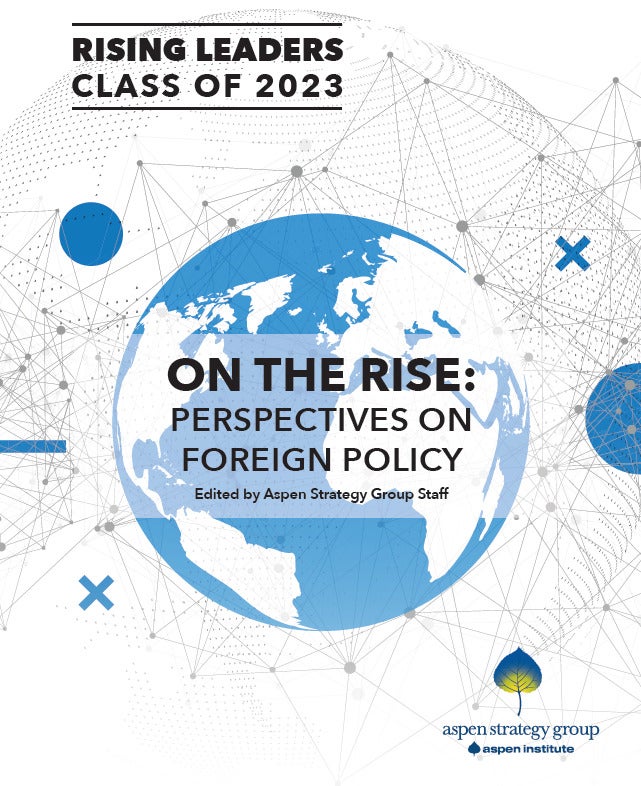Read more about this topic in the Aspen Journal of Ideas.
In just two months, the Maracana Stadium in Rio de Janeiro will host the opening ceremony of the Summer Olympics. As always, there will be many unexpected and emotional moments—but this summer’s opening ceremony will be unprecedented as soon as the first team steps into the stadium.
The team will not be memorable for their flag or national anthem, but because they do not have one. For the first time in Olympic history, they do not share a nationality. Instead, this ten-member team hails from Syria, the Democratic Republic of Congo, Ethiopia, and South Sudan. They have one trait in common: they are refugees.
From their beginnings, the Olympics have been an opportunity to shelve differences in pursuit of a common goal. The ancient Greeks called it the Olympic Truce, a tradition that dates back to the 9th century B.C. Even today, one of the goals of the International Olympic Committee (IOC) with regards to the truce is to “offer humanitarian support to countries at war.”
By giving refugees an equal footing to compete, the Olympics offers a small scale example of what the world can do on a larger one. Many people worry that the refugee crisis will overwhelm Europe, and fray the unity and open borders those countries have painstakingly built over the last half century. The unmatched scale of the current crisis leaves many wondering how we can possibly address such vast human need.
The Aspen Ministers Forum devoted its most recent meeting to these, and other, very difficult issues surrounding the refugee crisis. Afterwards, several of these former foreign ministers wrote a piece that has been featured in op-eds across Europe, as well as in the Aspen Journal of Ideas. With their considerable experience, they outline several steps the world can take to move forward. Yet their key observation is simple: the refugee crisis will only overwhelm Europe if it divides Europe. We should not fear refugees as much as the politicians who would use them to factionalize us. The key for the world, much like it is for those ten athletes in Rio, will be unity.
The Olympic Truce showed that countries are capable of acting in concert towards a common, noble goal. Today, countries must work together to address the refugee crisis by improving the situation in the region, in the camps, and in the resettlement process.
And in return? The International Olympic Committee has been clear that while it is lending refugees a flag, it is no special treatment: their skills rival any other athlete’s in the Games. Given a chance, refugees have proven to enrich their new societies in numerous ways. Several of the signatories to the Ministers’ article were once refugees themselves before rising to become some of the most senior leaders in their countries: George Papandreouin Greece, Joschka Fischer in Germany, and Madeleine Albright in the United States.
Refugees represent enormous potential, both on and off the field. Whether they return to their home countries or remain in their new ones, they will become the architects of their new societies. Hosting them presents enormous challenges for host countries—but solvable ones, if countries can act together and continue to live out the spirit of the Olympics.
Jonathon Price is the deputy director of the Aspen Strategy Group. Rose Butchart is a Fellow with the Aspen Strategy Group.
Photo by Flickr user Ton Zijlstra used under Creative Commons.

